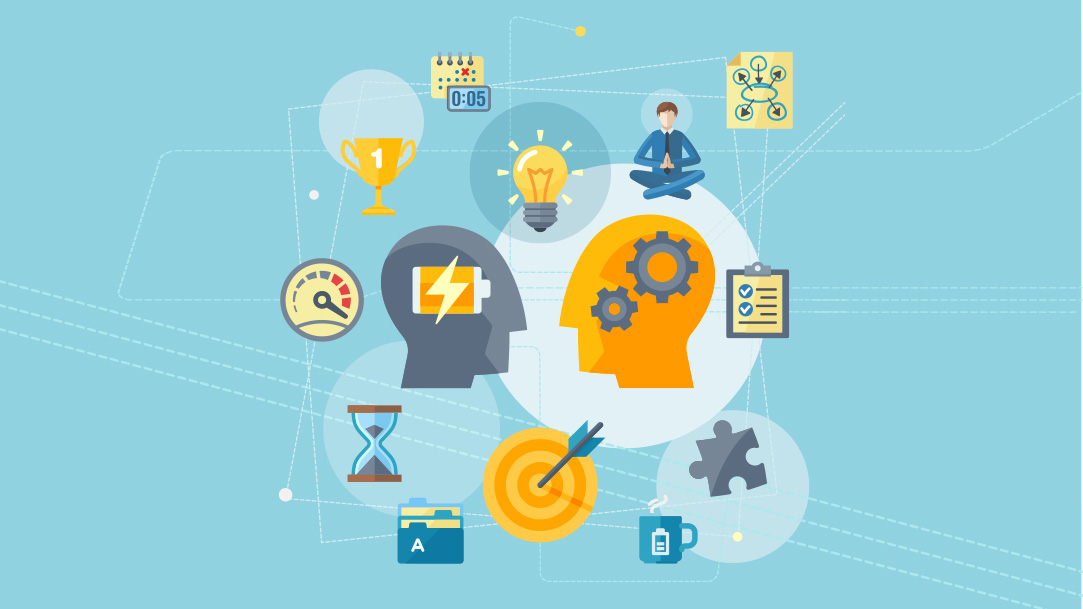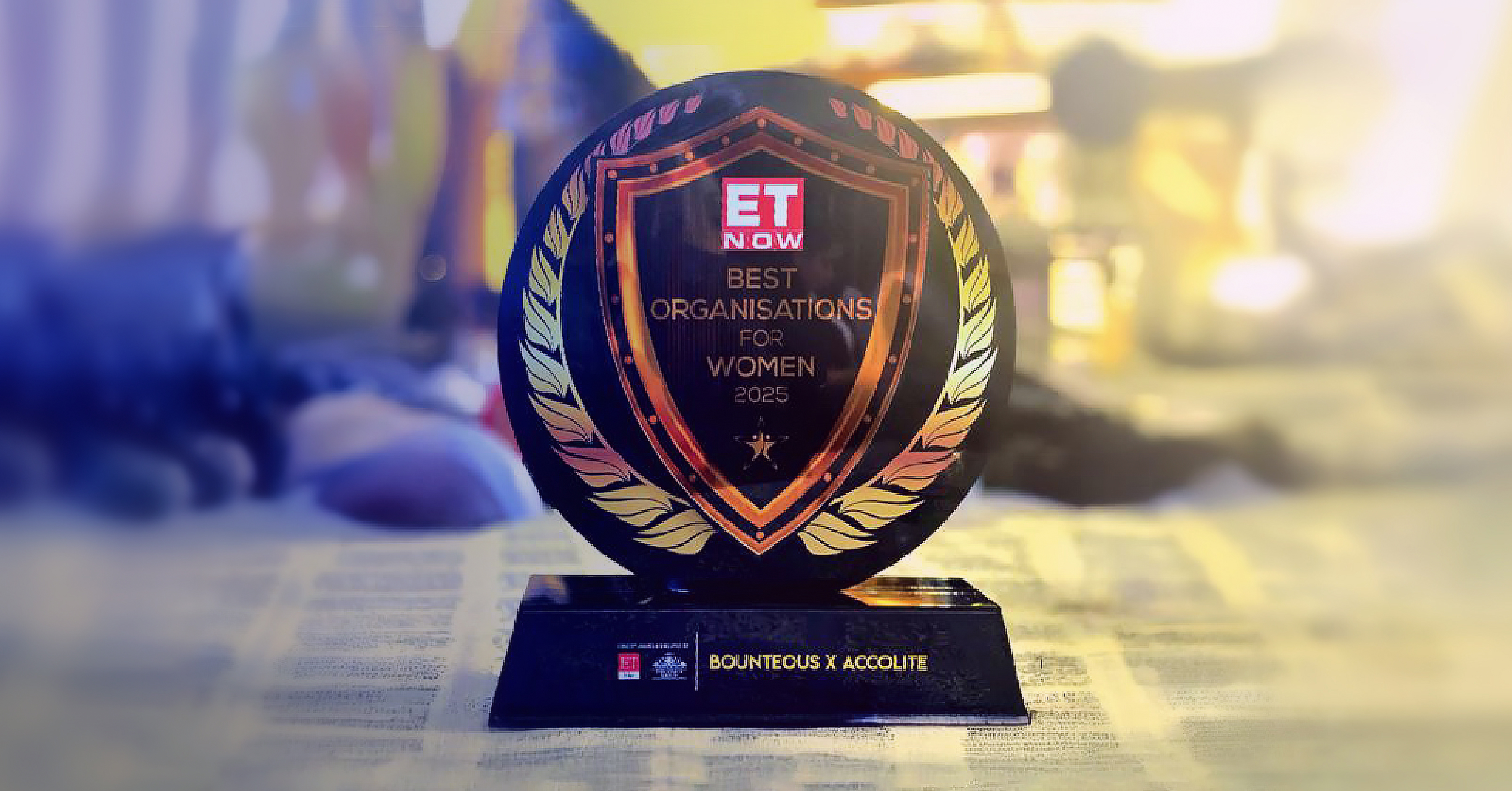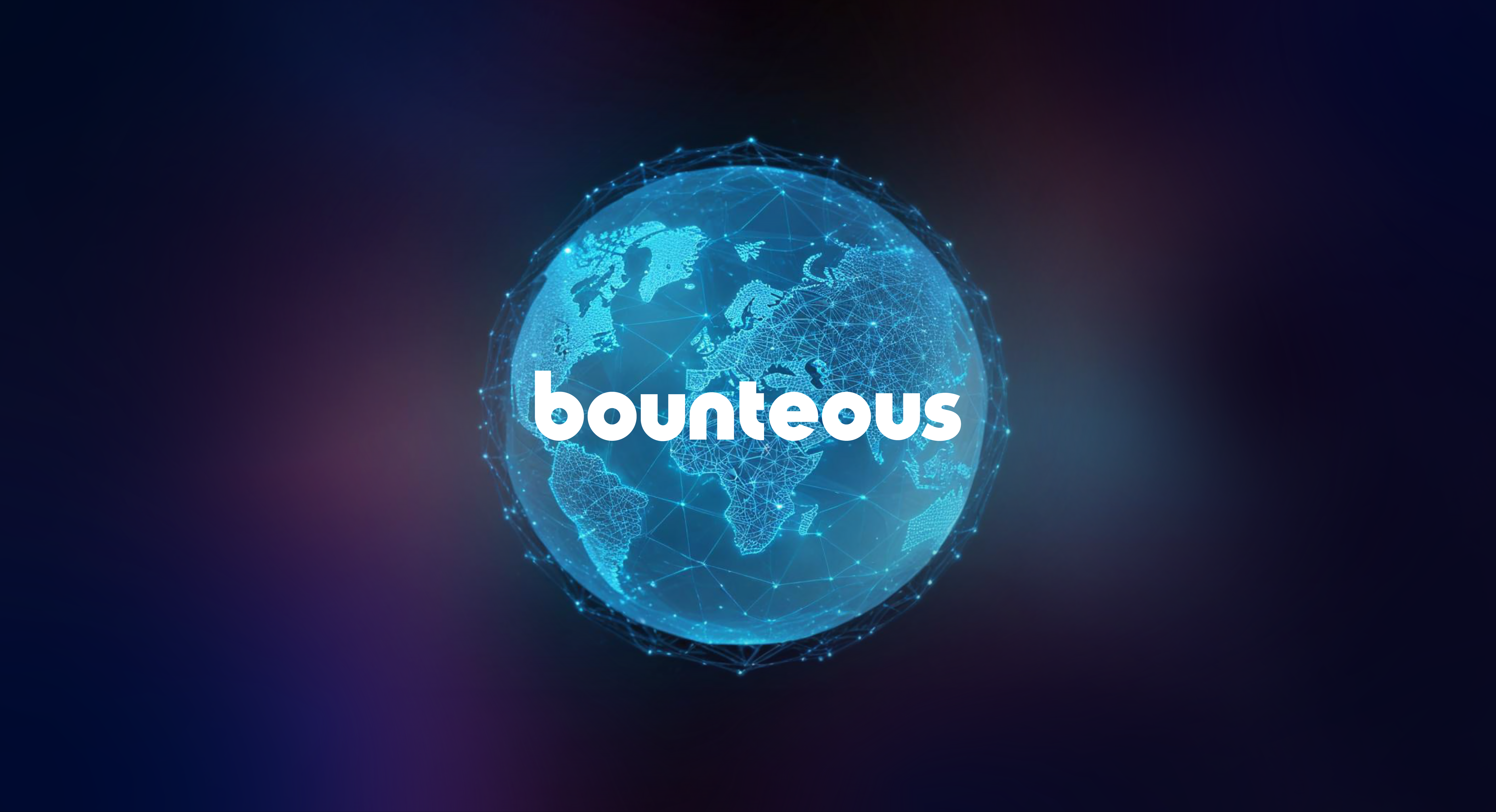Effective Approaches for Working Deeply and Getting the Most Out of Each Day

I was recently perusing the new books section at my local library when something caught my eye: Deep Work by Professor Cal Newport. My initial interest in the book was that it promised to teach me about the impact of social networking and digital media on our society, brain health, and the social and developmental health of our children. But what I actually found were some interesting productivity hacks, including habits for a healthier, happier, and smarter work discipline and long-term strategies to accomplish more tasks without adding more time.
Newport repeatedly makes the point that there is an increasing demand for people who can do the deep work of solving difficult problems, the foundation of our lives at Bounteous. This demand, however, is complicated by our daily routines, particularly our online habits, which seem to reduce our ability to concentrate. When our typical workday consists of dealing with all kinds of "shallow concerns," like reading and replying to emails and attending unnecessary meetings: "Your mind will construct an understanding of your working life that's dominated by stress, irritation, frustration, and triviality." Although our individual approaches may differ, effective workers possess the ability to replace the trivial with working deeply.
Newport’s first approach to deep work is the Monastic. Monastics are those who generally avoid shallow work as much as possible and require minimum interaction with other people. This is more suitable for certain types of writers and artists--people who have something unique to share with the world. The second, Bimodal, describes workers who engage in the Monastic way of life for periods of time, but not all the time. This can work well for strategic thinkers such as company executives, academics, and teachers--those who need to break from daily responsibilities to develop longer term strategies and think through bigger issues. The third approach, Rhythmic, are those who schedule time each day to specifically work on tasks that require deeper concentration. For some, this means starting work a little earlier, possibly getting in an hour or two of deep work before starting the daily routine. Rhythmic workers must pay close attention to not simply increase their hours, but divide those hours accordingly. And finally, the fourth approach, Journalistic, is when the deep thinker takes short periods of twenty to thirty minutes during the day to focus on something specific. Journalistic personalities must be able to switch tasks easily and as needed.
Regardless of which approach works for you, Newport recommends addressing some specific questions about your deep work discipline beforehand. First, decide where you'll work and for how long: Setting a challenge to complete your work in a limited time period also spurs you on to think deeper and faster. Next, decide how you'll work. For example, do you turn off email and instant messenger when you work deeply? And do you have a way to measure your progress? Last, decide how to support your work: Do you eat beforehand or have a snack handy? Do you integrate a walk during your day? Different tactics work for different people--experiment and find what works best for you.
The last point I'd like to introduce is the shutdown ritual. I've found this is a good way to end my workday. The intention is to help disconnect from work so that you can enjoy the other parts of your life deeply as well. Take a few minutes before you end your day to review email and calendars, and to document any outstanding tasks. Once that is complete, take time to audibly speak a phrase to indicate that you are done, like "shutdown complete." Although it may feel a little silly at first, the idea is that you reassure your brain that you've got this--you don't need to carry around a burdensome mental list.
At Bounteous, we pride ourselves on this ability--thinking deeply for our clients and helping them to navigate through the complexities of the ever-changing digital landscape. What Newport helps us to understand, however, is that even those of us who are able to think deeply, still need to maximize our working habits. By understanding our approach to work and incorporating a framework to manage that work, we can ultimately enhance performance, increase productivity, and be healthier, happier, and smarter throughout our daily routines.


